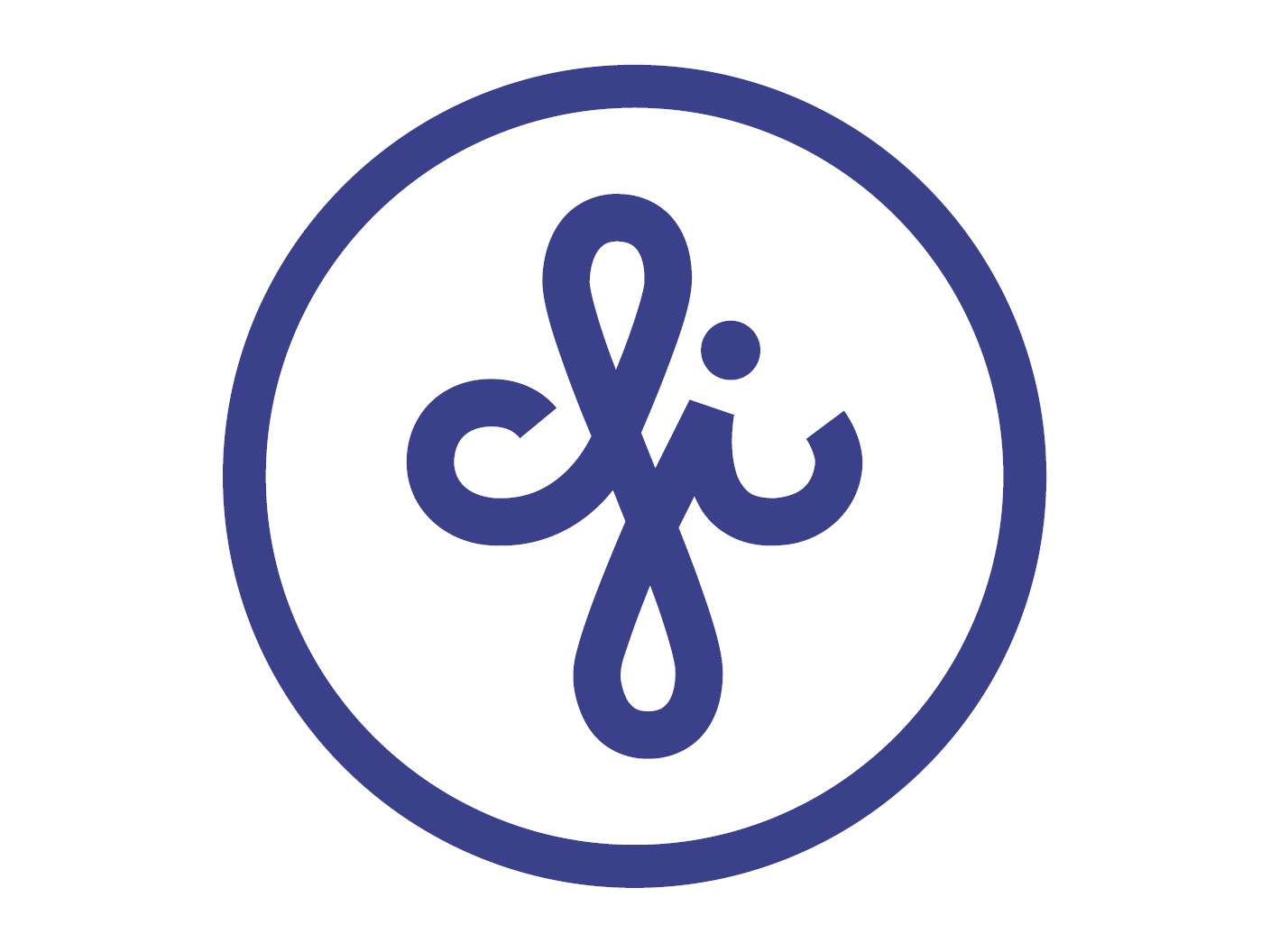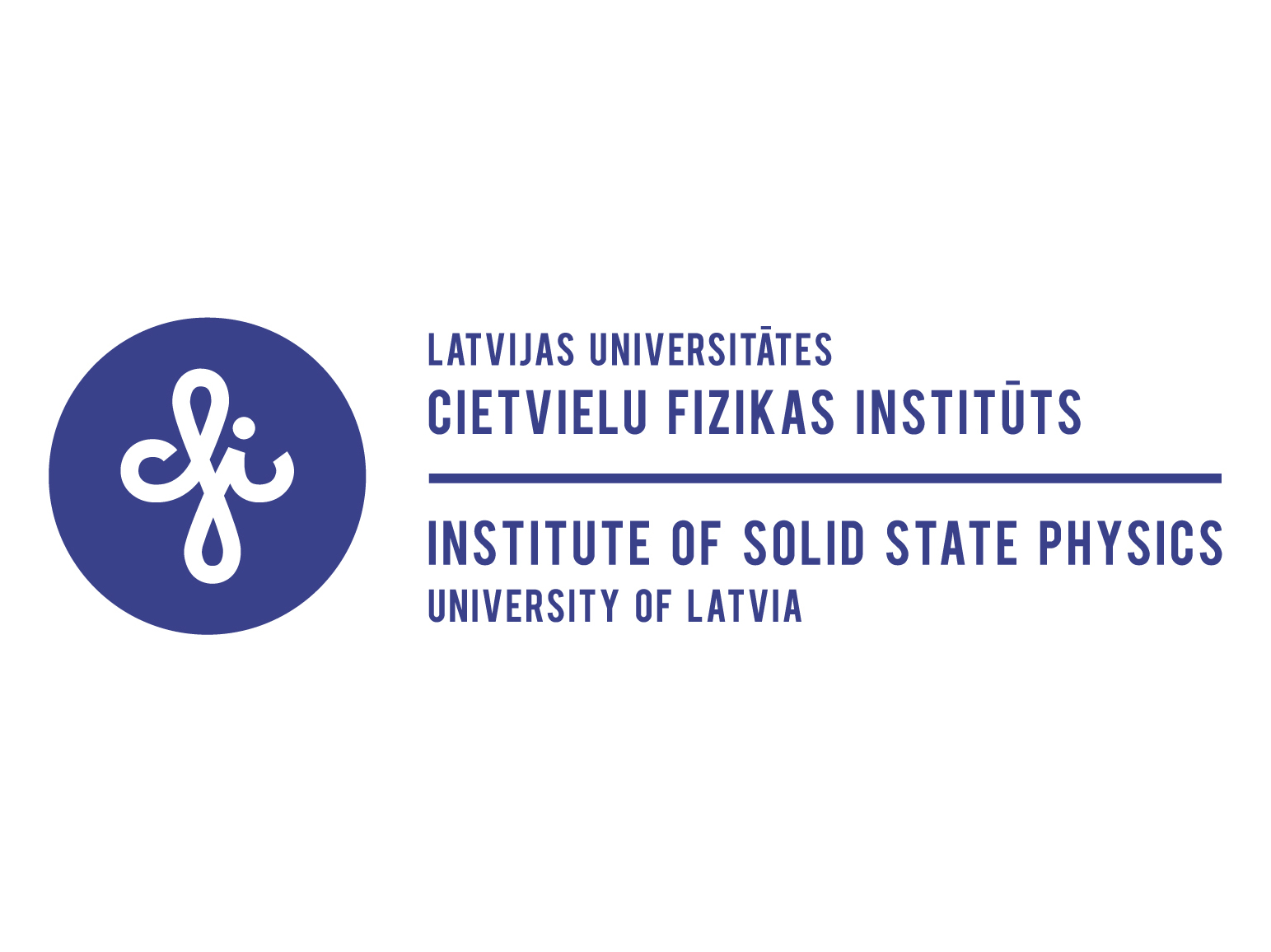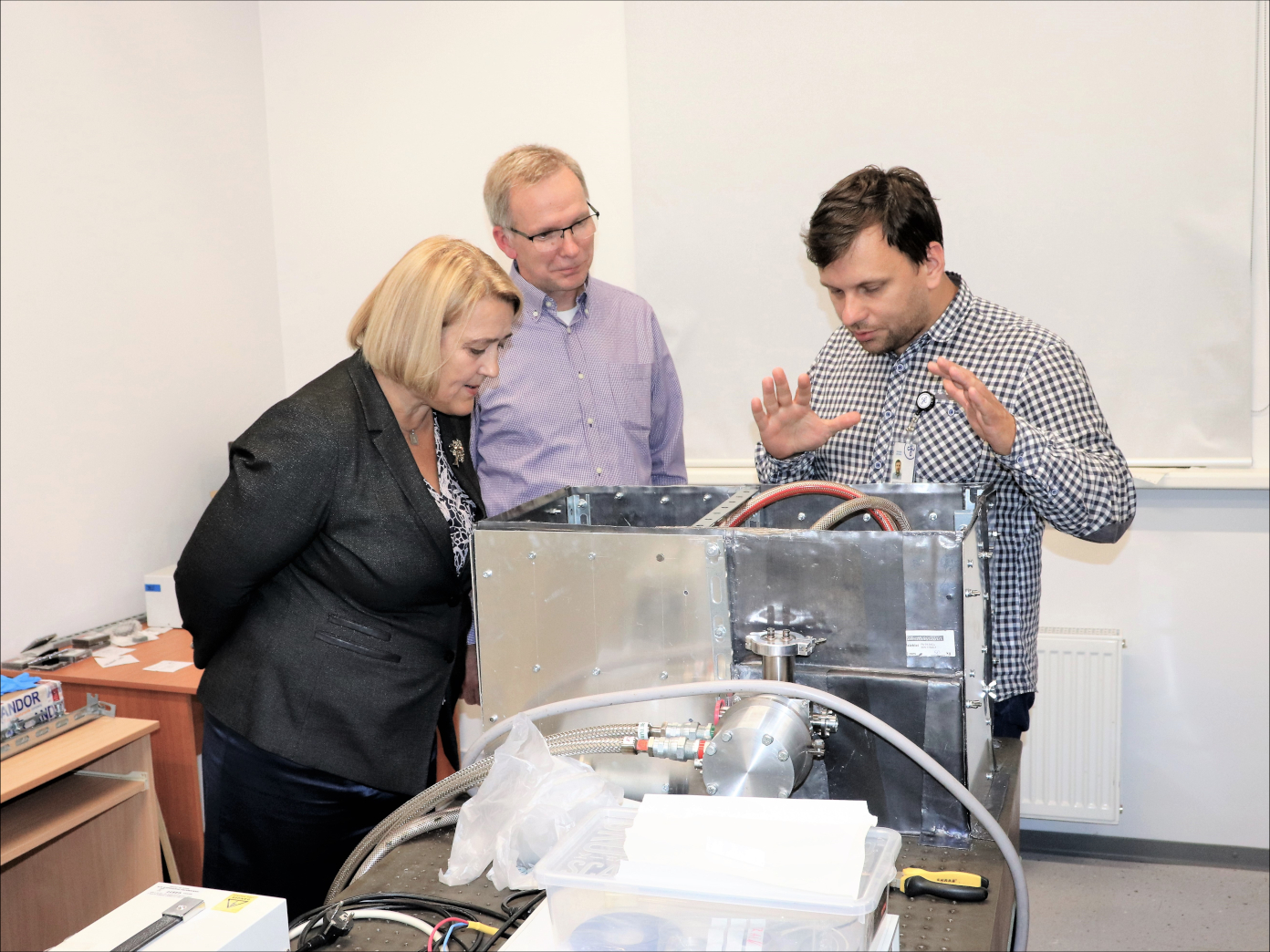From November 3 to December 29, a series of online scientific seminars took place at the ISSP UL. The seminars aimed to mark and discuss the vision for research and projects falling within the scope of the strategic directions of the ISSP UL. The participants discussed the current situation, planned activities, necessary resources, as well as activated new ideas and initiatives for inter-laboratory, inter-institutional and international cooperation. A total of six seminars devoted to the following themes took place:
- Photonics
At the seminar, researchers from ISSP UL’s Laboratories of Organic Materials, Micro and Nanodevices, and Visual Perception presented themes such as Technologies for Obtaining Organic Materials, Materials Characterization Methodology and Equipment, development of training programmes, Nonlinear optics, Adaptive optics and New generation wave-front sensors (using the coded diffraction structure method.
- Electronics and Sensors
This seminar’s presenters were from ISSP UL’s Laboratories of Thin Films, Spectroscopy, Optical Materials and Materials Morphology and Structure Research. The presenters talked about the functional thin films and coatings for applications in electronics and photonics (manufacturing technologies, Ga2O3, 2D structures, etc.); materials for gases, temperatures, etc. sensors (including up-conversion, luminescence), and the new technologies for the production of materials for sensors and displays (road signs), light wire sensors, multifunction sensors on graphene.
- Theory and Experiment
The seminar gathered presenters from the Laboratories of Kinetics in Self-Organizing Systems, Computer Modeling of Electronic Structure of Solids, EXAFS Spectroscopy, Thin Films, and Spectroscopy. The themes included Scintillators and Radiation Detectors - Theory and Experiment (EUROfusion, CERN, CCC, ESA); Theoretical (Fundamental) Materials Science and Modeling; Use of Large European Infrastructures (synchrotron radiation centers, XFEL, ILE, ESS heavy ion sources) in Material Structure Studies.
- Energy
The fourth of the seminars was devoted to alternative energy sources (solar cells, hydrogen energy, CO2 processing into synthetic hydrocarbons (COEXIDE), thermoelectricity, piezoelectrics); energy storage, materials for lithium and sodium-ion batteries; economical and efficient use of energy - OLED, functional coatings for "smart windows" - (Twinning project). The speakers at this seminar were researchers from Laboratories of Organic Materials, Materials for Energy Harvesting and Storage, Ferroelectric Materials, Chemical Technologies, and the Laboratory of Thin Films.
- Biomedical technologies
At the seminar, researchers from ISSP UL’s Laboratory of Thin Films, Laboratory of Prototyping of Electronic & Photonic Devices and Laboratory of Spectroscopy, as well as a representative from MATERIZE Sales Unit spoke about Microfluidics, Organ-on-a-chip, Lab-on-a-chip, Spinoff: CellBox. Interinstitutional and international cooperation (BMC, RSU, OSI, RISE, etc.); antiviral, antifungal, anticovid coatings, materials for specific LEDs; biomarkers.
- New initiatives and summary
The final seminar of this series provided a summary and overview of the previous seminars, and it also outlined possibilities for Learning and Development for scientists and lessons learned. The speakers at this seminar represented ISSP UL’s Laboratories EXAFS Spectroscopy and Spectroscopy. Researchers presented on Quantum Technologies: Materials for Applications in Quantum Electronics and Photonics; Inter-Institutional Project - University of Latvia, Riga Technical University; International Networking.
Comments from participants:
- “End of the year, laboratories are reporting on progress and plans. Keep going!”
- "It was interesting to find out about colleagues, I see the prospects of cooperation with other laboratories.”
- “I liked particularly that today the potential future development directions of the institute were discussed.”
The series of seminars started a new tradition at the ISSP UL - to look back at what has been done during the year and outline the future challenges.



